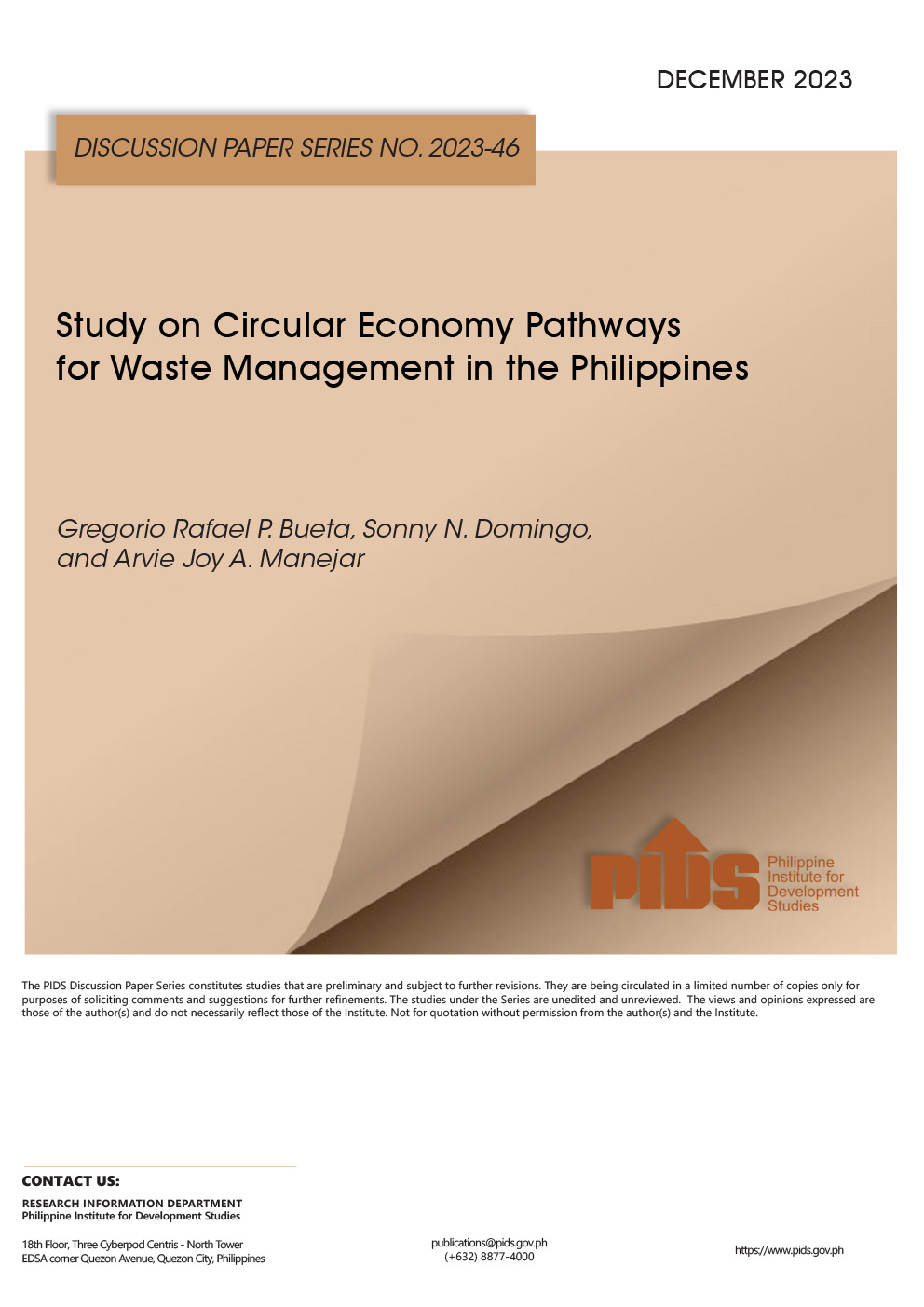MANILA, Philippines — PLDT Inc. is augmenting its service vehicle fleet with electric vehicles (EVs) as part of stepping up its sustainability efforts.
In a statement yesterday, the telco giant said the EVs would initially be assigned to selected service personnel handling home broadband installation and repair within Metro Manila.
“As part of PLDT’s efforts to reduce our carbon footprint, we have developed a re-fleeting strategy that will pilot the use of (EVs). While the upfront cost of an EV may seem higher compared to vehicles powered by internal combustion engines, we considered the total cost of ownership and the benefit to the environment,” PLDT investor relations head and sustainability office head Melissa Vergel de Dios said.
As EV technology matures and with the improvement of the supporting infrastructure like the availability of charging stations nationwide, PLDT will add more EVs to its fleet under its green fleet program.
These efforts to use EVs in the company’s operations underscore PLDT’s commitment to help the Philippines meet the United Nations Sustainable Development Goals particularly UNSDG 12 (Responsible Consumption and Production) and UNSDG 13 on (Climate Action).
EVs are environment friendly as they have lower carbon emissions compared with vehicles powered by internal combustion engines.
In June this year, PLDT and wireless unit Smart Communications Inc. reaffirmed their commitment made in the previous year when it joined over 1,000 international leaders in signifying their respective companies’ commitments to the United Nations Global Compact (UNGC) by signing the “Statement from Business Leaders for Renewed Global Cooperation.”
PLDT and Smart are registered under the UNGC as the only Philippine telco participant, a tier higher than signatories limited to local engagement.
A research paper by the Philippine Institute for Development Studies (PIDS) said the Philippine EV industry has strong potential for growth as it has support from the government and the backing of active industry players.
But the paper also pointed out the relatively low technology utilization, general concerns about EV infrastructure, and strong competition for investments as challenges in growing the sector. Crucial to this is a comprehensive law that will lay down policies and regulations that will drive the adoption of EVs.
To address this concern, the Senate passed Senate Bill 1382 or the proposed Electric Vehicles and Charging Stations Act. Authored by Sen. Sherwin Gatchalian, the bill seeks to provide a national energy policy and regulatory framework for the use of EVs and the establishment of electric charging stations.
Meanwhile, the Department of Energy has issued a proposed framework on EV charging stations in August paving the way for the government to incentivize investments in EV infrastructure.
PLDT beefs up service fleet with electric vehicles












